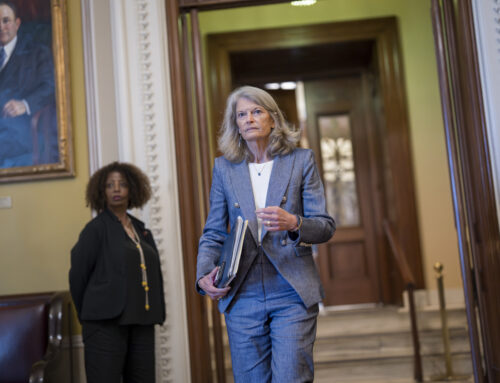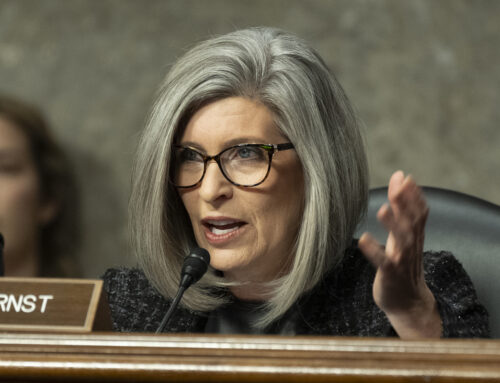‘Getting them ready for the future’ | Investing in the future of Arkansas’s music legacy
June 30, 2025
For many students in Arkansas, music is not just an art — it’s a gateway to structure, confidence, and helps prepare them for future opportunities.
LITTLE ROCK, Ark. — As Black Music Month comes to a close, Arkansas musicians, educators, and young performers are proving that the state’s legacy doesn’t stop with the past — it grows through today’s children.
The final installment of THV11’s four-part series highlighting Arkansas’ Black musical contributions focuses on the future: the young artists learning to read music, find their voices, learn new sounds, and take pride in their gifts.
Darrel McField, known to many simply as Mr. Mac, founded Mr. Mac’s Learning and Arts Center to give kids more than just something to do after school.
“As far as the young people, it gives them an opportunity, it’s structure, and then it’s getting them ready for the future,” McField said.
He believes music is not just an art — it’s a gateway to discipline and confidence.
“Music is so, so much a part of education. For example, my students, we learn how to count rhythms. That’s mathematics,” he said. “As far as discipline … learning what it takes to work hard, all those things you need on a job. [Such as] learning how to work with others, learning to be on time … all those [attributes], music gives you all those.”
McField said that he feels a responsibility to help, not just complain about what young people lack.
“If we don’t start helping them now, we’re in trouble,” he said. “We can’t just complain about them. We got to help them.”
A few miles away, the Westwind School for Performing Arts is carrying a similar mission forward. Founder Theresa Timmons has seen firsthand how music can transform a child’s outlook and sense of purpose.
“We understand the change and the growth that occurs in children when they are exposed to the arts,” Timmons said.
Westwind’s students not only learn to sing, play and dance — they study Arkansas music history and meet working artists to see what is possible.
“What we do have is Arkansas history and music is incorporated into that,” Timmons said. “They’ve met Rodney Block and had a jam session with him and they’ve met all of the artists here. As a community, we come together because we understand the importance of it and how much it changes the lives of children.”
But like many arts programs, Westwind faces financial barriers.
“Because of the climate that we’re in, grants have been frozen. Funding has been cut, and we’re not able to be in that space this year,” Timmons said. “We need the community to come together to really support each other and bring it back.”
It’s something that McField agrees with and as he put it, giving back is more than writing a check.
“It’s that joy of seeing it and then helping, you know, giving back. I think a lot of people, a lot of time, people think giving back is a financial [thing] … giving back is being there,” he said.
For students like Ryley Pegues, the impact has been life-changing.
“Since I’ve been at Westwind, I got better and better,” Pegues said. “I started to learn how to read music at Westwind in my 8th grade year.”
Pegues said he is excited to expand his gift and see where music takes him as he heads to Parkview Arts & Science Magnet High School.
Throughout this month, THV11’s series has explored Arkansas’ deep musical roots, from the Delta blues to gospel, opera, jazz and hip-hop. Each story showed how talent and resilience continue to shape the culture — and why the next generation matters just as much as the legends.
And as this chapter closes, the refrain remains the same: Arkansas’ music is far from finished. Happy Black Music Month.
Search
RECENT PRESS RELEASES
Related Post




